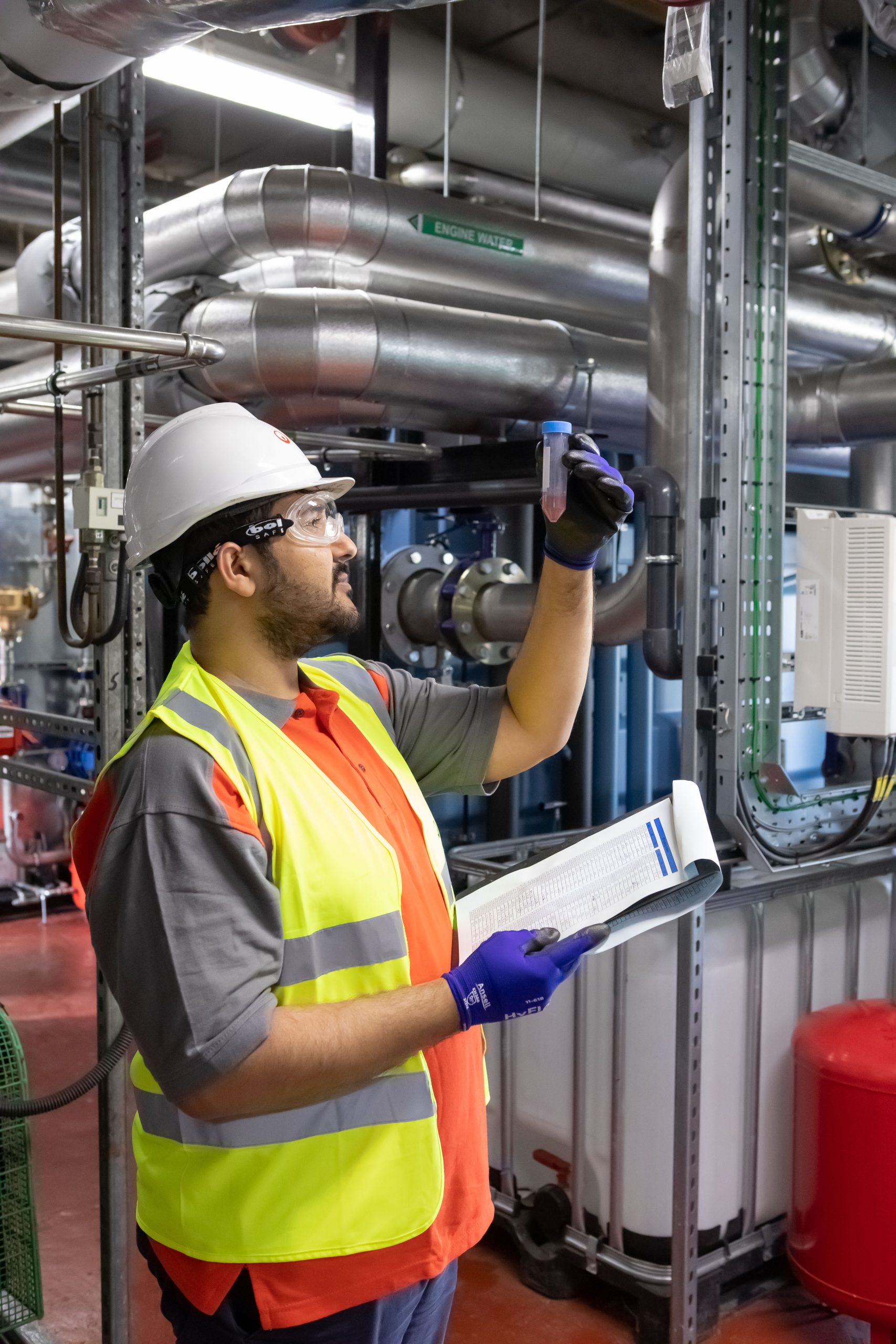Supported by waste-to-energy innovators Veolia, industrial estate developers SmartParc are lightening the carbon load by 30,000 tonnes a year for a revolutionary food-processing complex in Derby.
The partners’ low carbon network will heat ovens and provide power for food manufacturers collocated on a 2 million square foot business campus in the east Midlands city.
Industrial cooks and food processing firms pile on the calories with their giant energy appetites. Heating and cooling, in support of prepping, storing and processing ingredients, in heating spaces and ovens and keeping their output edible, all add to food-makers’ energy girth.
SmartParc’s carbs-shedding, energy-sharing recipe is first to use wind and solar electricity within its industrial sheds to foster its food-making tenants’ sustainable production.
The Derby scheme incorporates industrial ammonia chillers and heat pumps, which will pass clean energy through 9.8km of cooling pipes across the estate. The equipment will enable a diversified cold glycol cooling duty of 11MW, at -6°C.
Next, by capturing waste heat from the refrigeration plant, clean power of up to 10MW will supply water heated to 72°C across the park.
Carbon savings approximating to 27,000 tonnes every year this decade are likely to result from the cooling loop alone. Adding in the heat network, a further 3,500 tonnes per year is on the cards, avoided when compared to gas boilers. The upside is potentially double that total.
Though sounding daunting to lay ears, ammonia employed to chill the innovative network cannot ramp up global warming, in contrast to climate-harming synthetic hydrofluorocarbons (HFCs) used in conventional large-scale cooling.
Veolia designed the DerbySEGRo pipe network. The firm will operate heating, cooling and high voltage distribution across the 155-acre site. Its agreement for client SmartParc includes managing metering and billing, and round-the-clock engineering support.
John Abraham, the combine’s chief operating officer for industrial energy, observed: “Reducing the carbon footprint of food production is of key importance as we advance to Net Zero.
“Veolia’s work on this new state of the art site highlights what can be achieved today. By collaborating with food manufacturers we can implement innovative solutions that both support essential food production, and deliver major cuts in greenhouse gas emissions”.
Phil Lovell, Abraham’s equivalent at the estate developer, responded: “SmartParc are excited to be delivering this pioneering energy solution at SmartParc SEGRO Derby, the first of its kind in the food industry.
“The heating and cooling network is a critical part of SmartParc’s sustainable, collaborative model for food production”, Lovell went on. “The pipe network and energy centre we have completed will benefit all tenants on the park, ensuring significant carbon reductions and cost savings.”
Veolia has set itself a goal to become the benchmark company for ecological transformation. Working on five continents, through its complementary work in waste, energy and water, the group designs and deploys solutions contributing to a radical turnaround of the planet’s current malaise. In 2022, the group produced 44 terawatt hours of energy and recovered 61 million tonnes of waste. It also provided 111 million people with drinking water and 97 million with sanitation.




